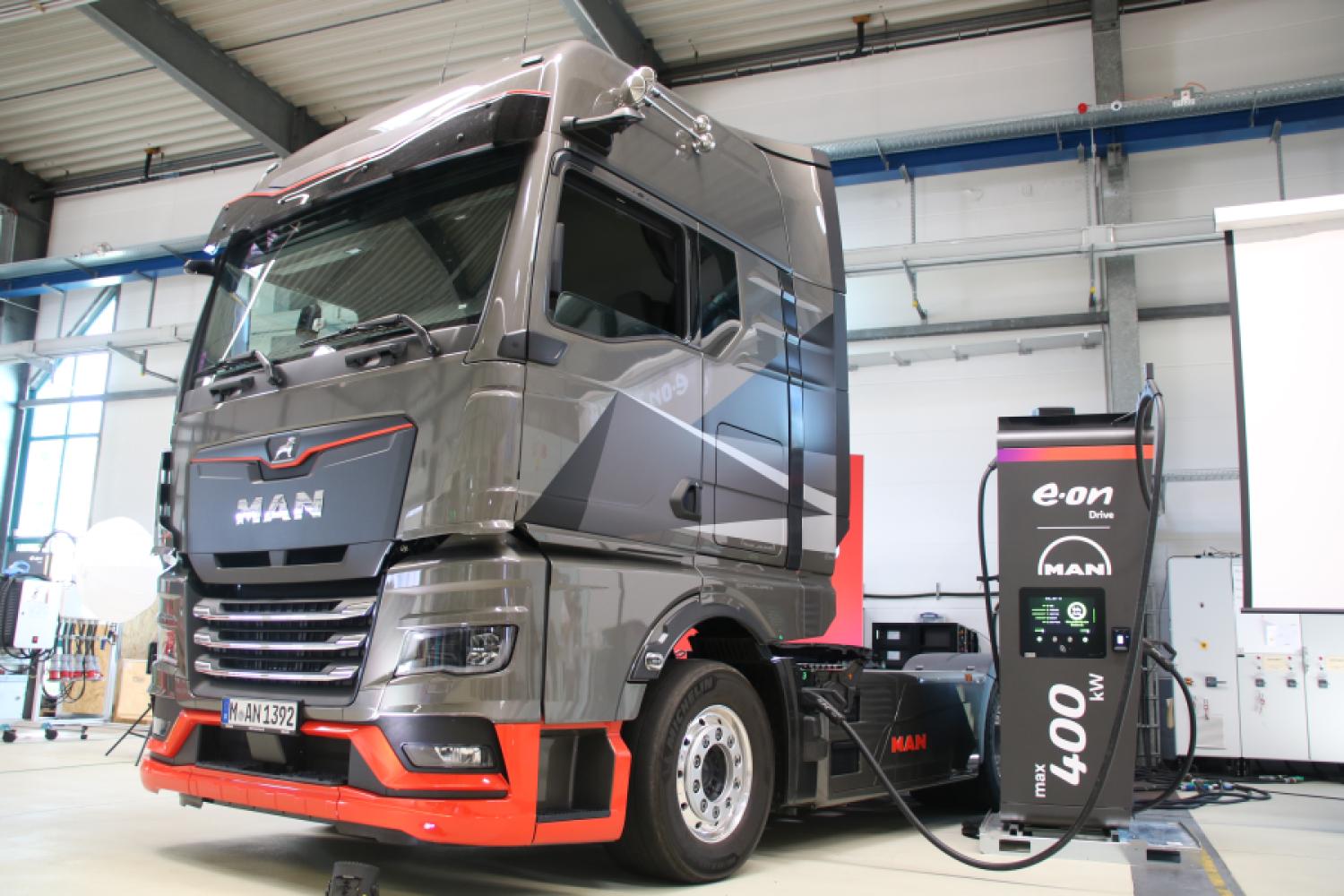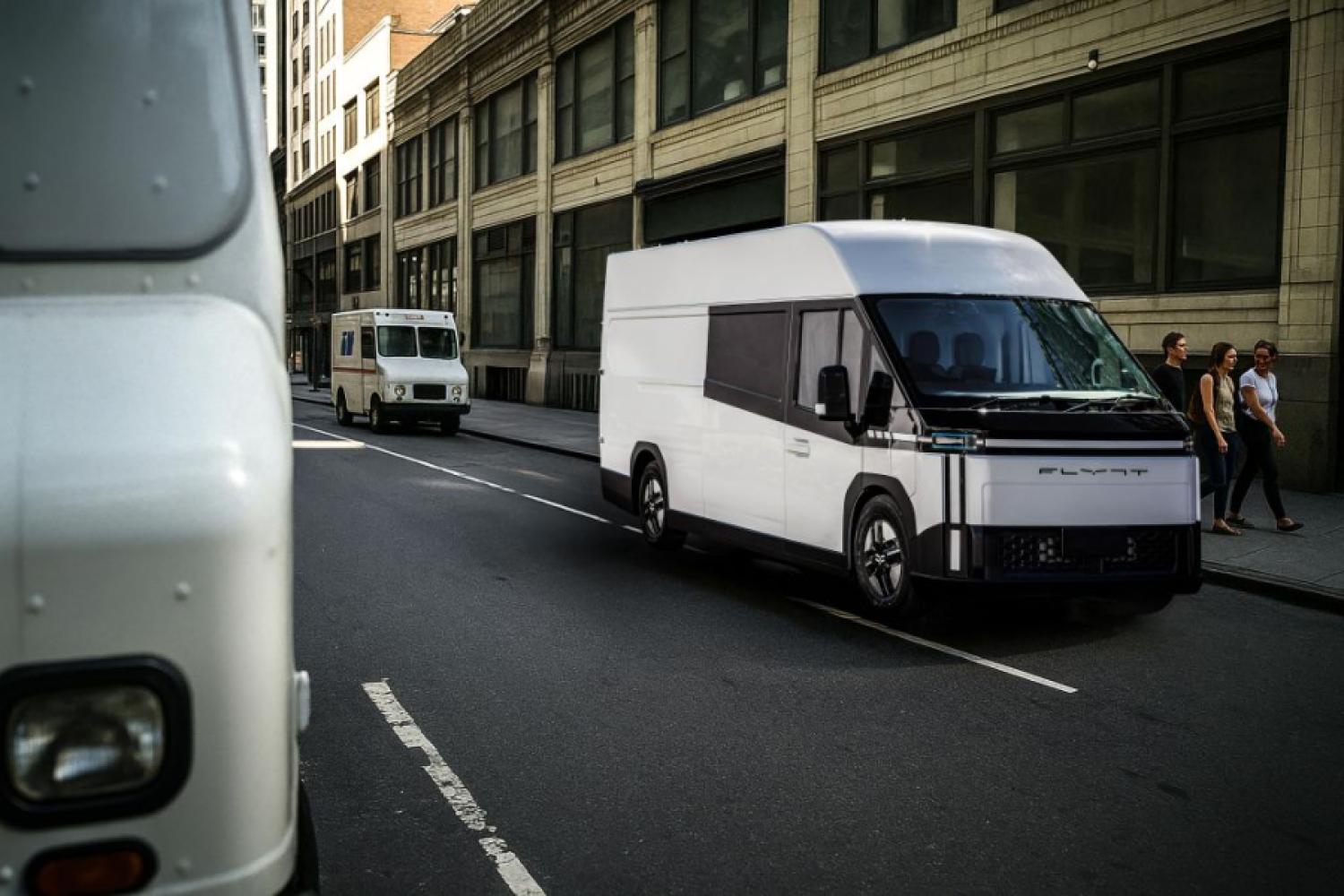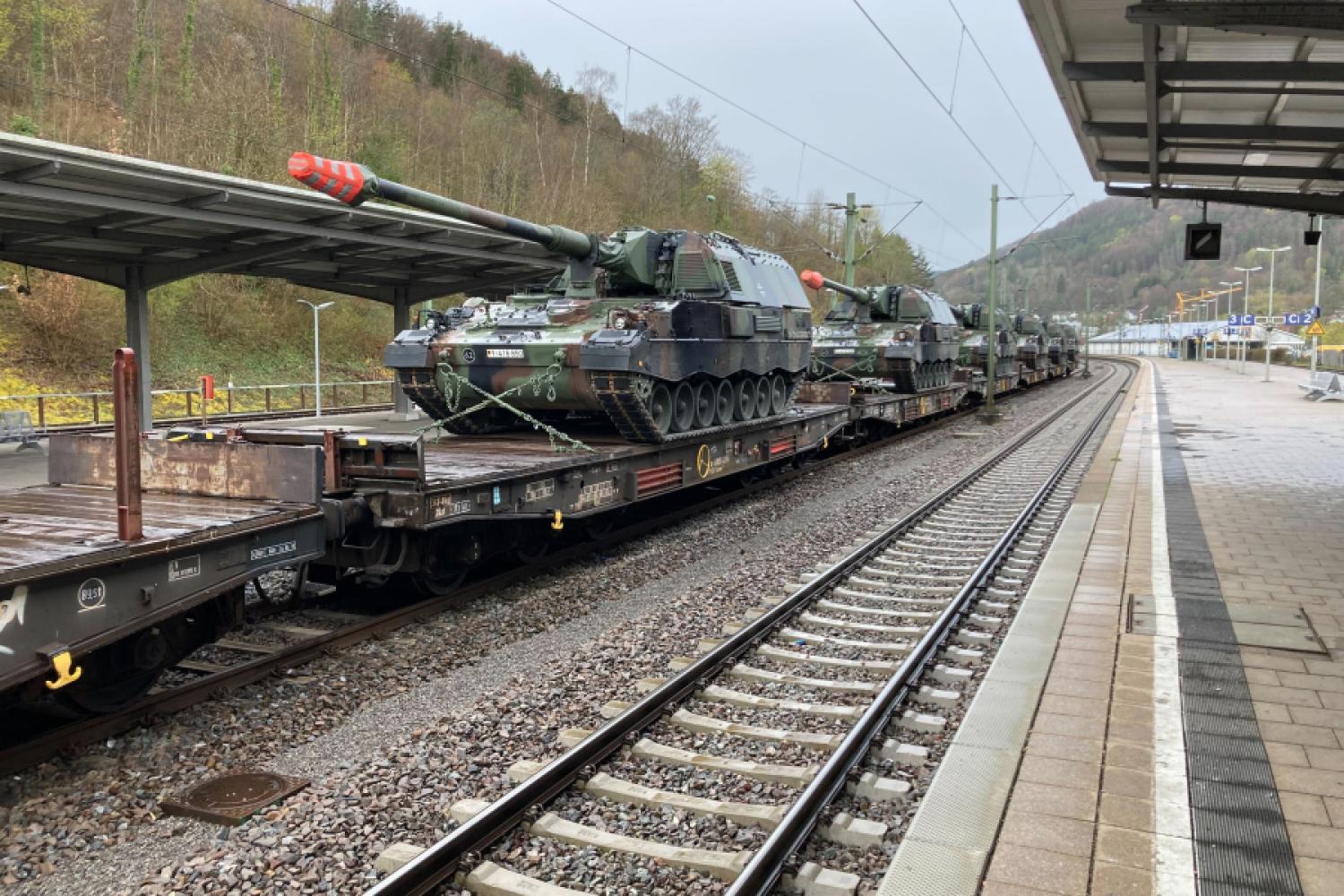The commercial vehicle developer Iveco, together with AI software developer Plus, logistics service provider DSV, and dm-drogerie markt, has completed a multi-month pilot project to test semi-autonomous trucks.
“dm-drogerie markt has been working with DSV on sustainable and innovative supply chains for decades. That's why we were happy to support this pilot project. We look forward to continuing to work together on groundbreaking technologies like this one in the future," says Ursula Paepcke, Head of TKM in the Logistics Department at dm-drogerie markt.
The pilot project confirmed the expected results and assumptions, particularly concerning improved safety and reliability.
The autonomous driving system consistently demonstrated safe driving behavior, particularly in lane-keeping, lane changing, adaptive driving, and handling predictable traffic situations.
The focus was on the real-world use of an Iveco S-Way tractor unit with a highly automated driver assistance system on public roads in Germany. The test drives were conducted under practical conditions on the route between two warehouse locations in Krefeld and Hennef.
“The focus is on depot-to-depot logistics, as the technology is excellent for recurring processes where sufficient data is
available," says Peter Matthiesen, Senior Director, Group Innovation, Mobility & Truck Technology at DSV.
Lidar, Radar, and Cameras as well as AI-based Software by Plus
The system, developed by Iveco and the Silicon Valley-based company Plus, uses sensors like Lidar, Radar, and cameras as well as AI-based software to assist the driver. The technology consistently showed stable driving behavior in the tests – for example, in lane-keeping, lane changes, and adaptive driving. The project information indicates that energy consumption was reduced by about ten percent, contributing to reduced emissions.
“We are delighted to celebrate the completion of the pilot project with our innovative partners DSV, dm, and Iveco, which has led to more safety and efficiency through our autonomous driving technology. It's even more fitting to do this in Germany, a country that has recognized the benefits of autonomous vehicles. We look forward to bringing mass-produced self-driving trucks with Plus's revolutionary self-driving technology to the market, initially in the USA and then in Europe," says Shawn Kerrigan, COO and co-founder of Plus.
The partners involved see semi-autonomous solutions as an important
component for safe, efficient, and sustainable logistics. Especially in depot-to-depot logistics with predictable processes, there are great potentials according to the project's conclusion. Automated systems can increase road safety, reduce fatigue, and simultaneously improve the productivity of drivers.
The Human Remains (for now) in the Cabin
The focus is not on completely replacing human drivers but rather supporting them in their daily work. For the time being, a human remains on board to monitor the system and intervene in unforeseen situations. In the future, however, drivers could take on additional tasks – for example, in control centers or in the pre- and post-processing of vehicles.
The project is intended as preparation for the next stage of autonomous mobility. After the successful completion of the test phase, the way for pilot applications with fully autonomous trucks is to be paved. The market launch of series-produced autonomous commercial vehicles is initially expected in the USA, and in Europe according to Iveco by 2027.
“This successful demonstration is another important step on our way to commercializing highly automated driving technologies in the logistics industry.
Through this collaborative pilot project, we were able to validate the capabilities of our advanced driver assistance system in real-world operations and confirm improvements in safety, fuel efficiency, and overall driving performance," says Marco Liccardo, Chief Technology & Digital Officer, Iveco Group.
Development of Autonomous Trucks and Buses on a Broad Front
Other manufacturers are also advancing the development of autonomous commercial vehicles. MAN Truck & Bus, for example, has been working on driverless transport solutions for logistics use for years. In cooperation with partners such as Deutsche Bahn, Hamburger Hafen und Logistik AG, and research institutions, various projects have been implemented – including an autonomous truck in container handling and the "ANITA" project for integrating self-driving vehicles into combined transport.
Currently, MAN is involved in the ATLAS-L4 project with industry, science, and authorities to test autonomous driving on highways between logistics hubs. This is also based on a strategic development partnership with Plus, which includes other brands of the Traton Group. The aim of these collaborations is to avoid fatigue accidents, mitigate driver shortages, and further increase efficiency in freight






